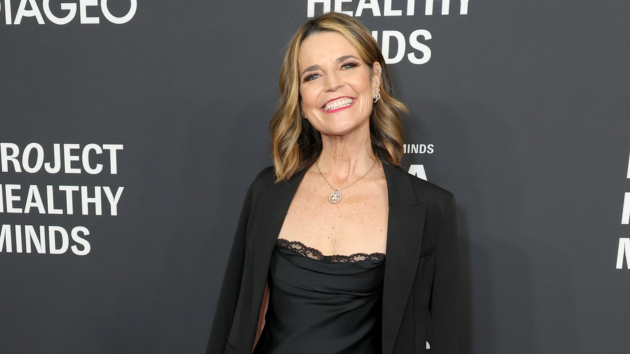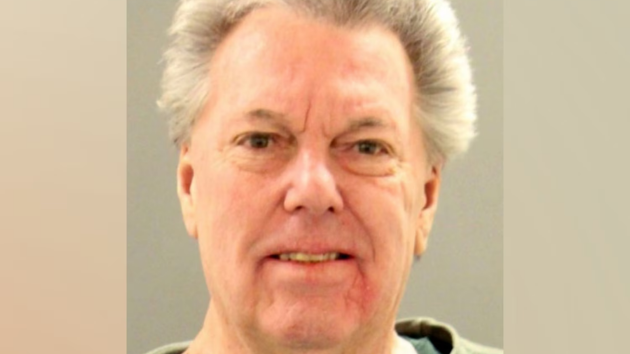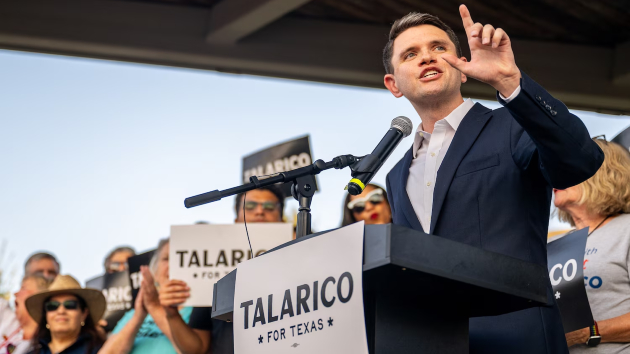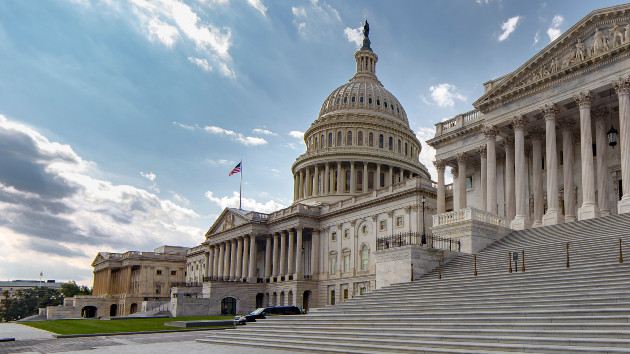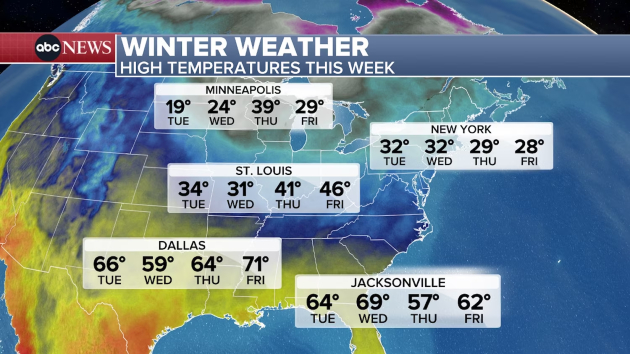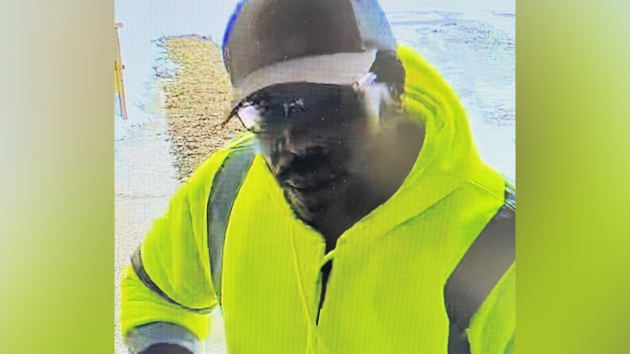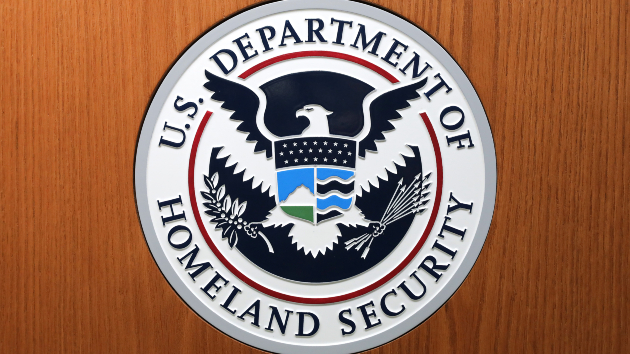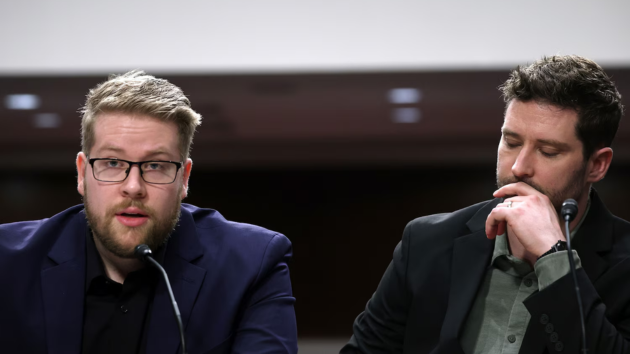
(WASHINGTON) — The two brothers of Renee Good, the 37-year-old Minneapolis woman killed by a federal immigration officer in January, spoke on Capitol Hill Tuesday, telling lawmakers of the effect their sister’s death had on their family.
“The deep distress our family feels because of Renee’s loss in such a violent and unnecessary way is complicated by feelings of disbelief, distress and desperation for change,” said one brother, Luke Ganger.
Luke and Brent Ganger’s remarks were part of a special public forum organized by Sen. Richard Blumenthal, D-Conn., and Rep. Robert Garcia of D-Calif., as part of an inquiry into the tactics and use of force by Department of Homeland Security agents.
Good’s killing intensified protests in Minneapolis that have continued into this month and were compounded by the fatal federal agent-involved shooting of Alex Pretti.
The Department of Homeland Security has said that agents in the interaction with Good acted in self-defense after Good tried to ram them with her car in an act of “domestic terrorism.” Local and state officials have disputed federal officials’ claims.
Good, a Minneapolis mother of three, was in the driver’s seat of her Honda Pilot in the middle of a residential street when an ICE agent opened fire.
Luke Ganger said his family initially took “consolation” that Good’s death “would bring change in our country. And it has not.”
“The completely surreal scenes taking place on the streets of Minneapolis are beyond explanation. This is not just a bad day or a rough week or isolated incidents. These encounters with federal agents are changing the community and changing many lives, including ours, forever,” he said.
He added that Good’s wider family could serve as an example to the rest of the country as it represents “a very American blend” of different faiths and political affiliations. Yet despite their differences, family members “treat each other with love and respect.”
Brent Ganger read portions of the eulogy he gave at Good’s funeral. He described Good as an “unapologetically hopeful” person whose children “were and are her heart … she made sure they felt safe and valued and endlessly loved.”
“She had a way to make you feel you were understood, even if you don’t have words yet. She believed in second chances. She believed tomorrow can be better than today,” he said. “When things were hard, Renee looked for the light.”
Sen. Blumenthal called the hearing “extraordinary and unprecedented” because Good and Pretti were “murdered by their own government” and “were killed in cold blood.”
He called for a complete overhaul of DHS and a revamping of policies, resulting in bodycams for each ICE agent, “masks off all the time,” and additional training and monitoring for all officers.
“These stories are not just about Minneapolis,” he said. “The nation is Minneapolis. We are all Minneapolis. These stories are a call to action.”
Copyright © 2026, ABC Audio. All rights reserved.

